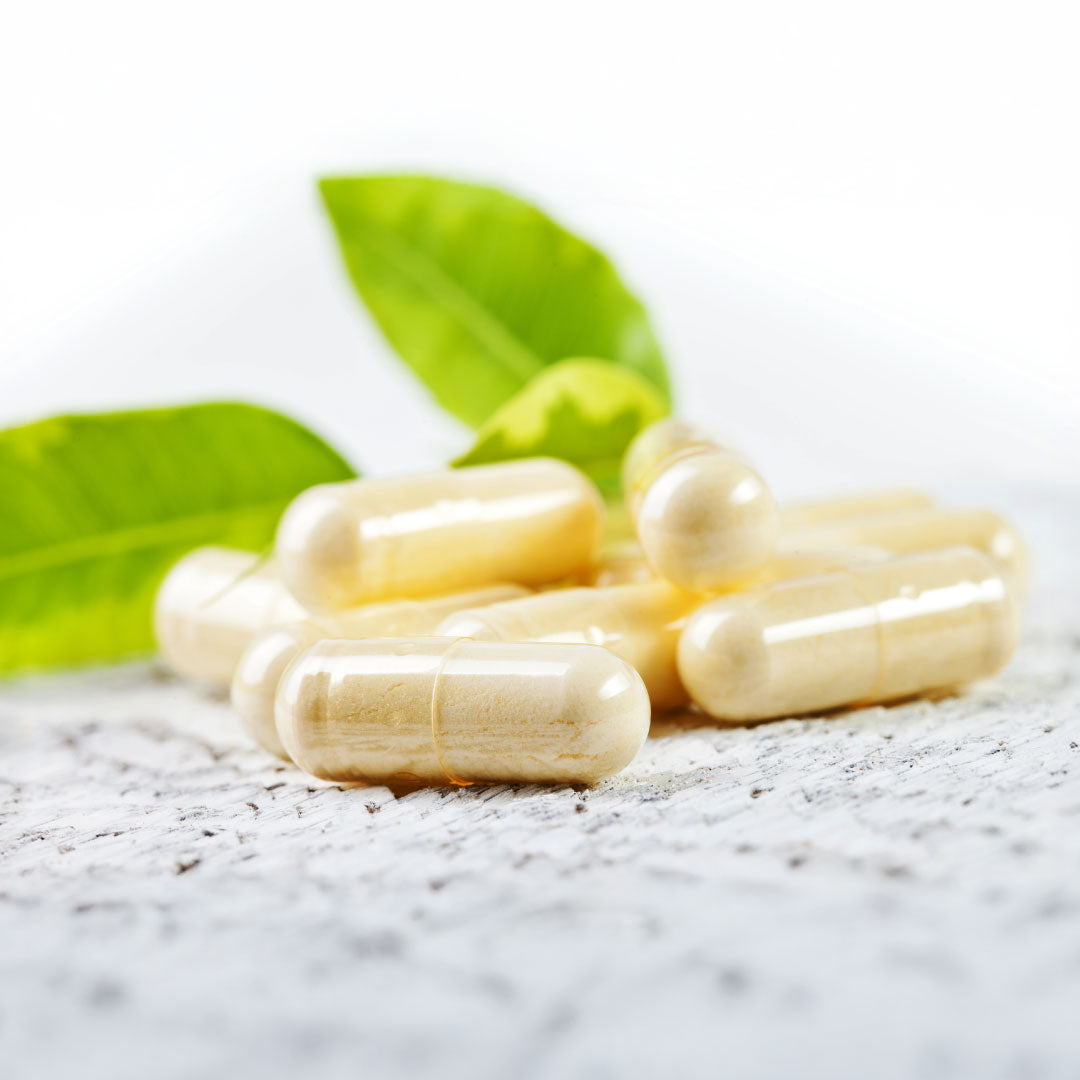Click here to explore our formulas with Biotin
Biotin (Vitamin B7 or Vitamin H) is a water-soluble B-vitamin that plays a key role in various metabolic processes in the body. Like other B-vitamins, biotin is essential for converting food into energy. It is involved in the metabolism of fats, carbohydrates, and proteins.
Key functions of biotin include:
-
Energy Metabolism: Biotin is a coenzyme that participates in various enzymatic reactions involved in the metabolism of macronutrients (carbohydrates, fats, and proteins). It helps convert these nutrients into energy that the body can use.
-
Healthy Skin, Hair, and Nails: Biotin is often associated with promoting healthy skin, hair, and nails. It is a common ingredient in many beauty and hair care products. While there is some evidence that biotin supplementation may benefit individuals with biotin deficiency, the role of biotin in maintaining healthy skin, hair, and nails in individuals with adequate biotin levels is less clear.
-
Cell Growth and Repair: Biotin is involved in the synthesis of DNA and RNA, contributing to cell growth, division, and repair.
-
Blood Sugar Regulation: Biotin may play a role in maintaining normal blood sugar levels. Some research suggests that biotin may help improve insulin sensitivity.
-
Pregnancy and Fetal Development: Biotin is important for normal fetal development during pregnancy.
Good dietary sources of biotin include:
-
Egg yolks
-
Nuts and seeds
-
Legumes
-
Meat (particularly organ meats)
-
Fish
-
Dairy products
-
Whole grains















